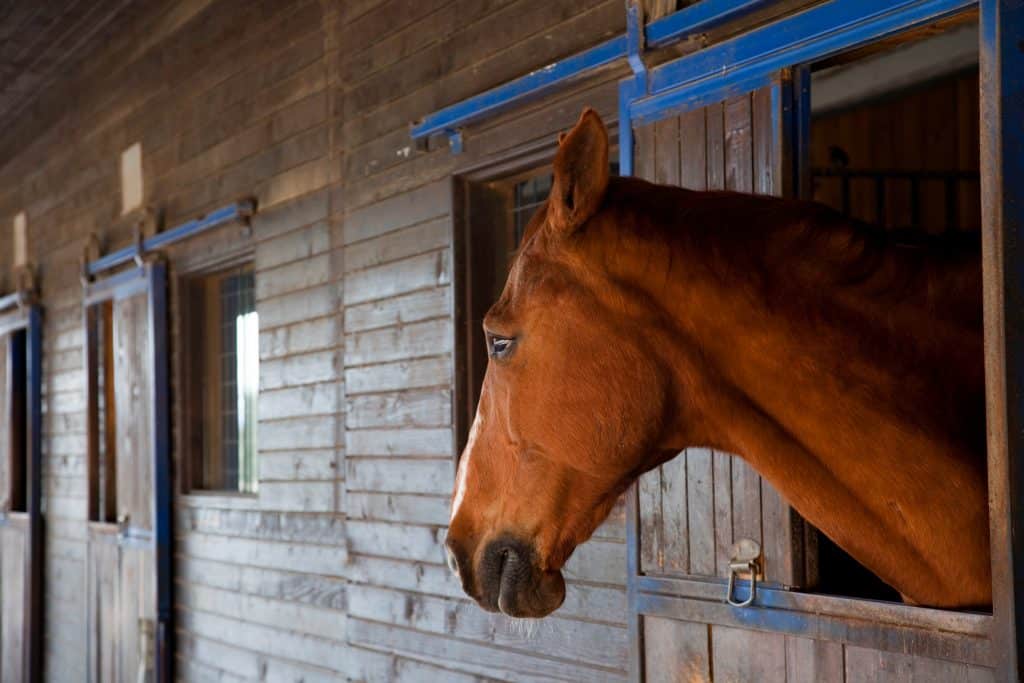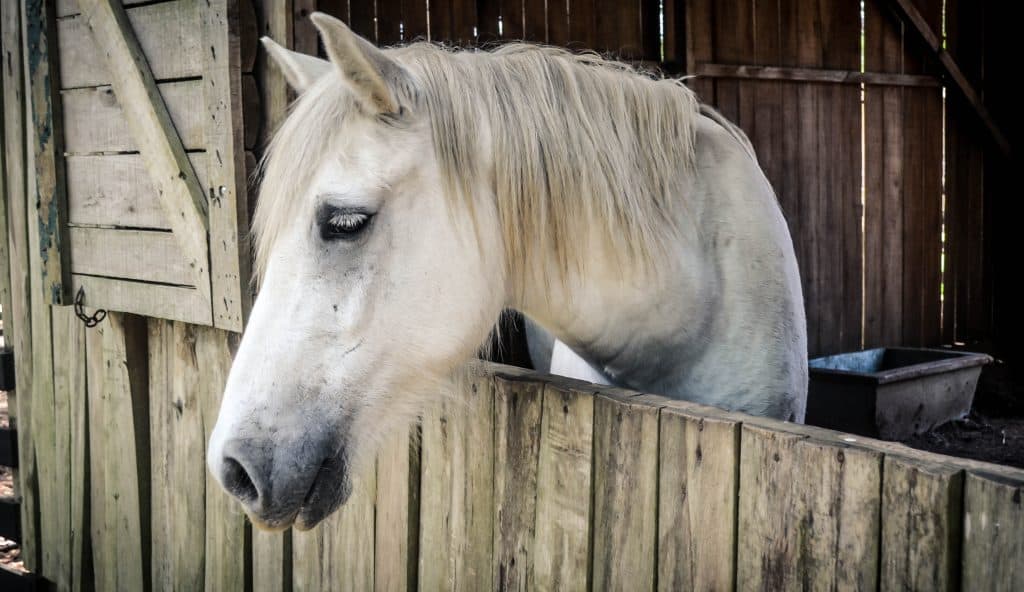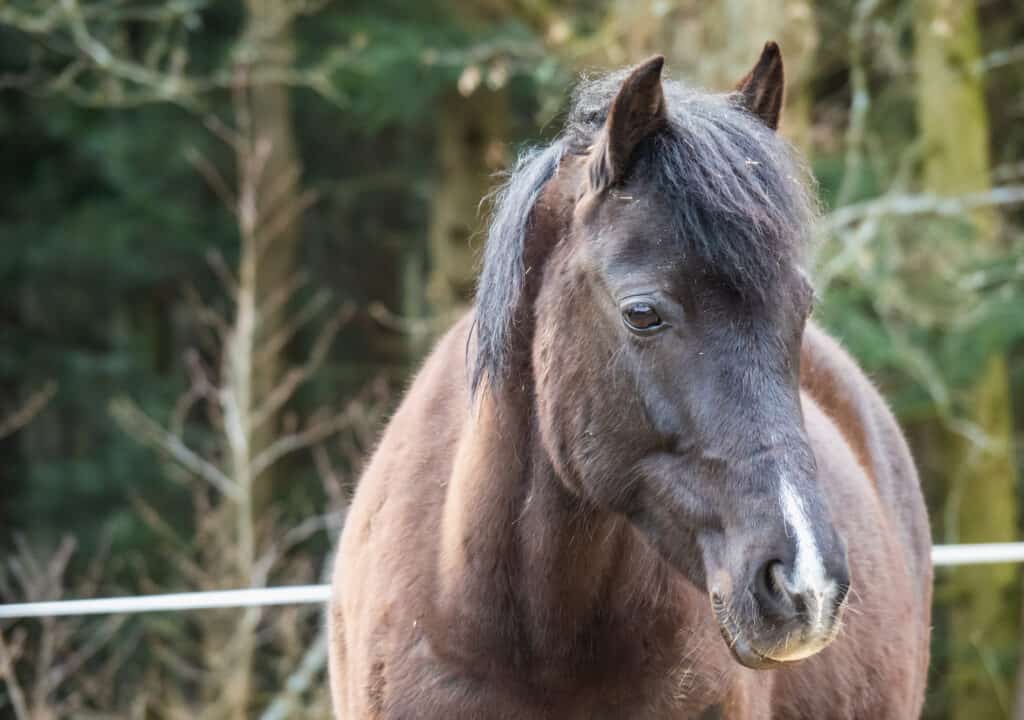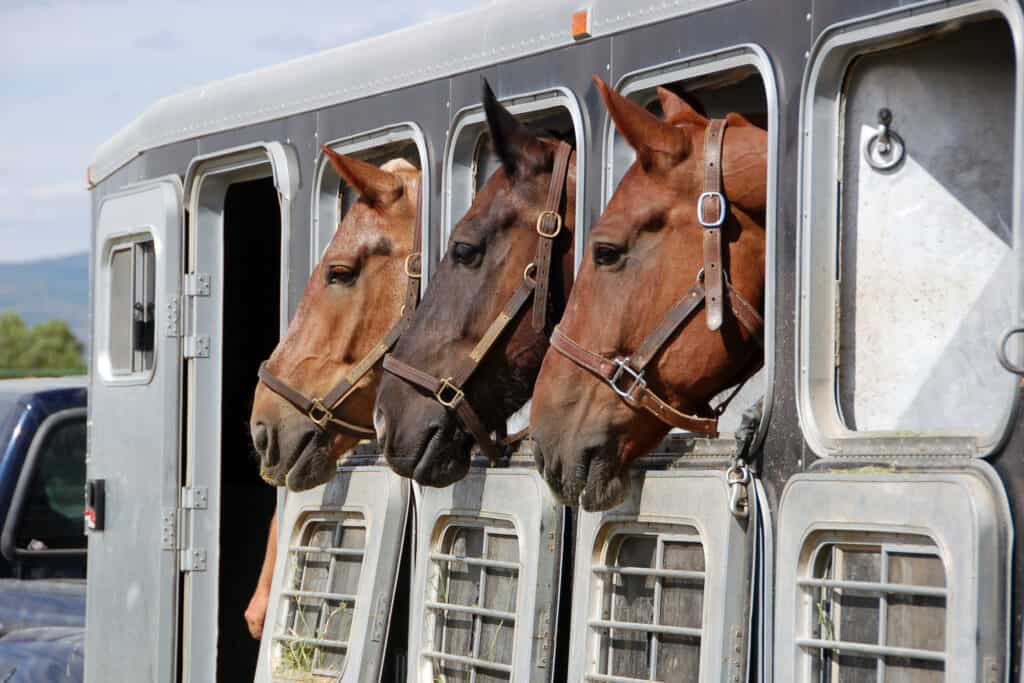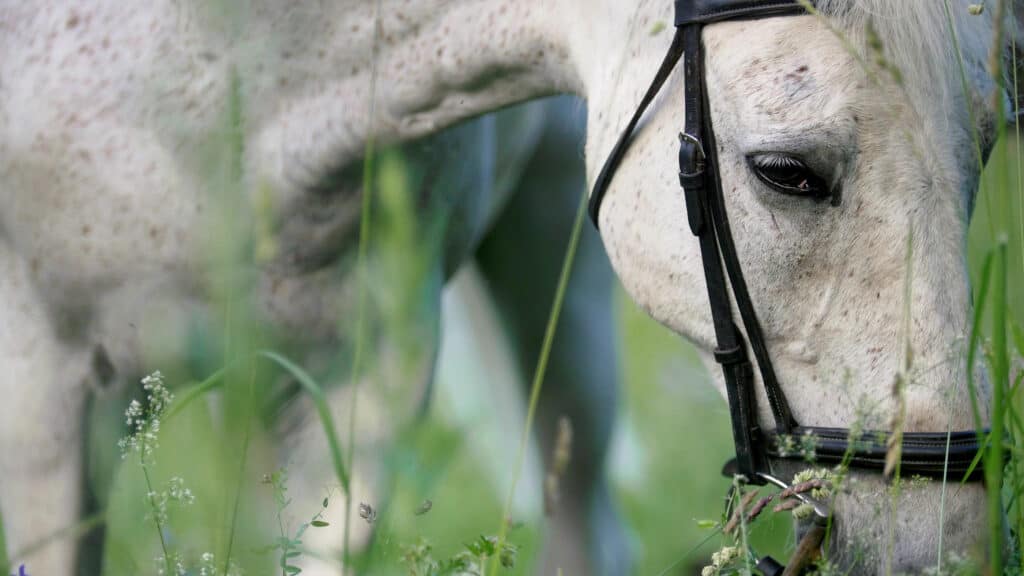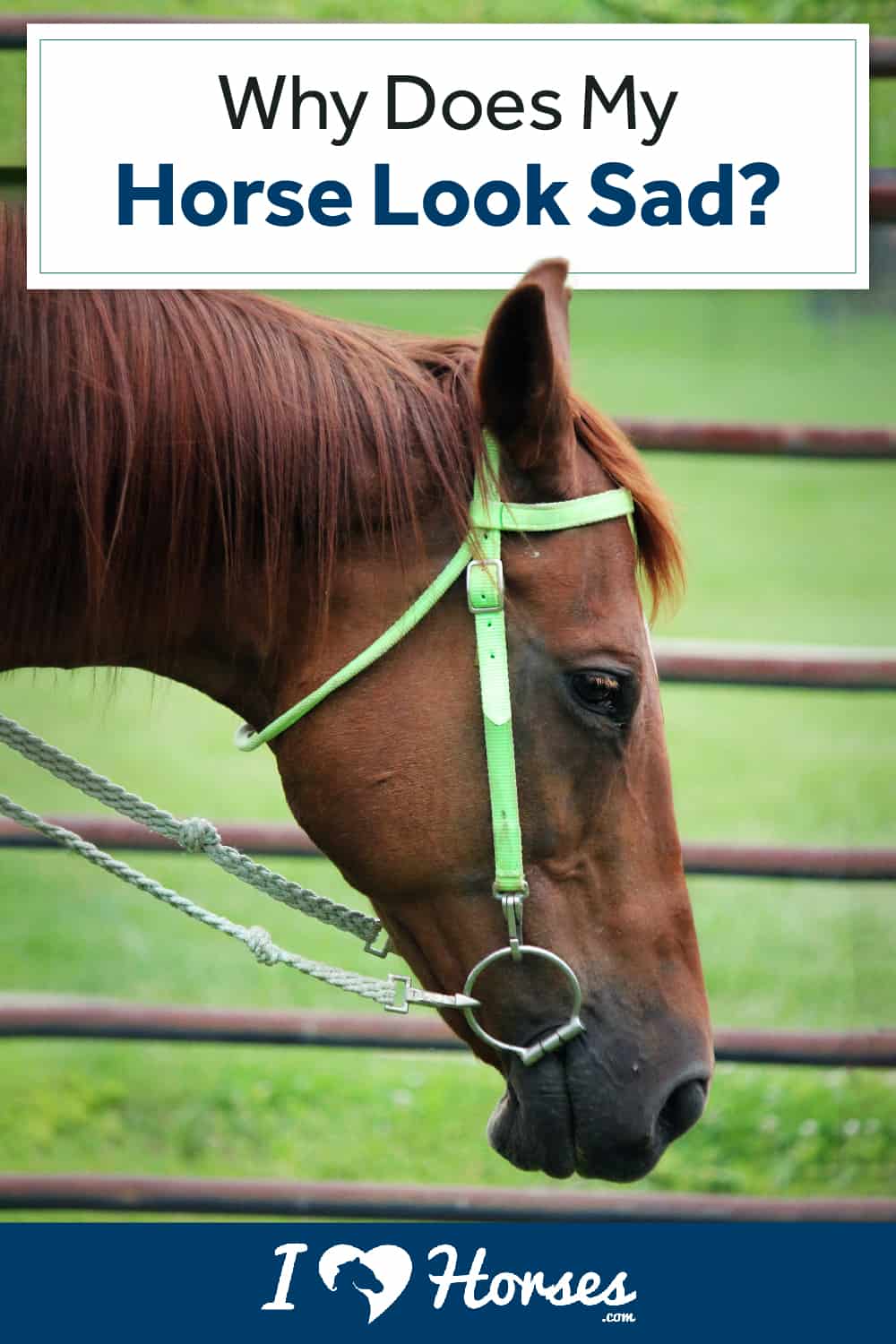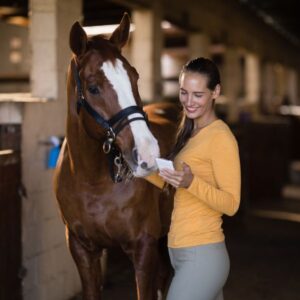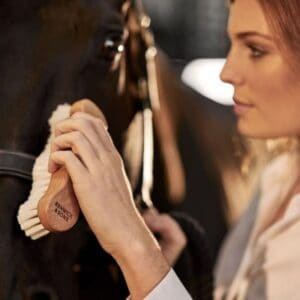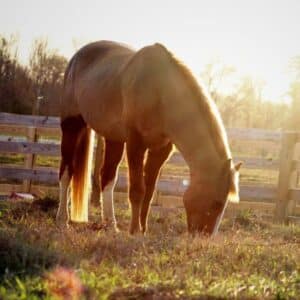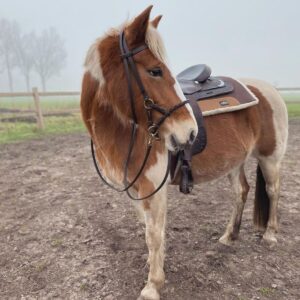Horse depression is a real thing. This article is not about how horse owners get depressed when they haven’t been able to ride for a few weeks, although that can be depressing. It is about a state of depression horses get. Research shows that horses can indeed enter a state of depression. As horse owners, we need to be in tune with the emotions of our equine friends. It is crucial to be able to recognize the signs and causes of horse depression.
Domesticated horses are more likely to get depressed than wild horses. Although we try our best to provide a good life for our horses, we must remember how mother nature designed them. By taking horses away from the nomadic life they had for centuries, we put them in a chronic state of stress. Several things can cause this stress. Do not despair. We can stop depression if we catch it soon enough.
So how do I know if my horse is depressed?
Depressed horses will display a “withdrawn” posture. They will stand in one place, hold their neck level with their withers, with eyes wide open for long periods of time. Please don’t confuse this with a resting horse who stands with his eyes drooping and relaxed neck hanging below the withers. The eyes on a depressed horse will have a dull, unfocused gaze. The overall appearance seems to shout “unhappy.”
In their home environment, depressed horses tend to be unresponsive to things going on around them. However, away from the safety of home, they can be overly emotional. Here is a list of additional signs of depression in horses.
• Withdrawn posture
• Cribbing or weaving
• Unpredictable behaviors
• Long periods of immobility
• Decreased appetite/changes in weight
• Unwillingness to work
• Lack of sleep
• Increased fear, anxiety, or spookiness
• Avoiding other horses
What causes depression in horses?
Social isolation
Horses are social animals who need interaction with others. It is why most horse trainers will tell you to be sure your horse has a companion. Preferably another horse but, a goat will work just as well. If you are unable to get your horse a companion, then you need to spend a lot of time with your horse on a regular basis. This doesn’t have to be riding or grooming. However, they prefer it. Instead, it can be you going out into the pasture, finding a shade tree and reading a book. They will most likely come over, stand quietly with you, or try to take your book away to get attention.
Pain
Pain in itself is a stressor. Add that it can end up on stall rest, restricting exercise, social interaction, and grazing and you have a perfect storm for depression. Compare it to someone being bedridden.
Confinement
This goes back to the fact that horses are made for a nomadic lifestyle. When stabled for long periods, without exercise, horses will try to find ways to cope with not being able to move freely. Cribbing, wind sucking, and weaving are bad habits that can develop from this and are sure signs your horse is developing some depression.
Abuse or cruel training techniques
It is important to understand the difference between training and abuse. Cruel training techniques can put massive stress on a horse. For example, intense training sessions that lead to physical pain or putting the horse away without properly cooling them down. The misuse of physical restraints and excessive punishment are also stressors. If a horse is repeatedly subjected to these kinds of stressors, it can lead to depression.
Transport
When we travel long distances, most people like to stop, get out of the truck, and stretch our legs. Horses who are continually being transported long distances in a confining horse trailer can develop depression. It can also cause stress colic. It is important to break up long-distance trips, to allow your horse a chance to get out of the trailer. Depending on the trip's length, it might be a good idea to find a horse motel. These are usually horse owners who will rent out a stall for the night and possibly offer bed and breakfast services.
At the very least, stop every few hours and let your horse rest, or get them out of the trailer to walk around. You can sometimes make arrangements with fairgrounds to do this, or if nothing else, find a rest area along the highway. This should be a last resort because some states frown upon it.
Final Thoughts
Horse depression is a real thing! As horse owners, we need to be able to recognize it and take measures to prevent it.
Horse Courses by Elaine Heney
- Listening to the Horse - The Documentary by Elaine Heney & Grey Pony Films
- Shoulder In & Out Training for better balance, bend & topline development with your horse
- Over 110+ Polework Exercises & Challenges to Download
- Dancing at Liberty & Creating Connection with Your Horse (11 lessons) - Grey Pony Films
About the Author
Wendy Sumner grew up on a quarter horse ranch in Wyoming. She helped raise and train horses to be shown in the American Quarter Horse Association. At college, she received her Equine Science degree and pursued her love of everything equine. She has spent the last 35 years raising and training horses and teaching lessons. We are excited that she has agreed to join our team as a researcher and writer.

